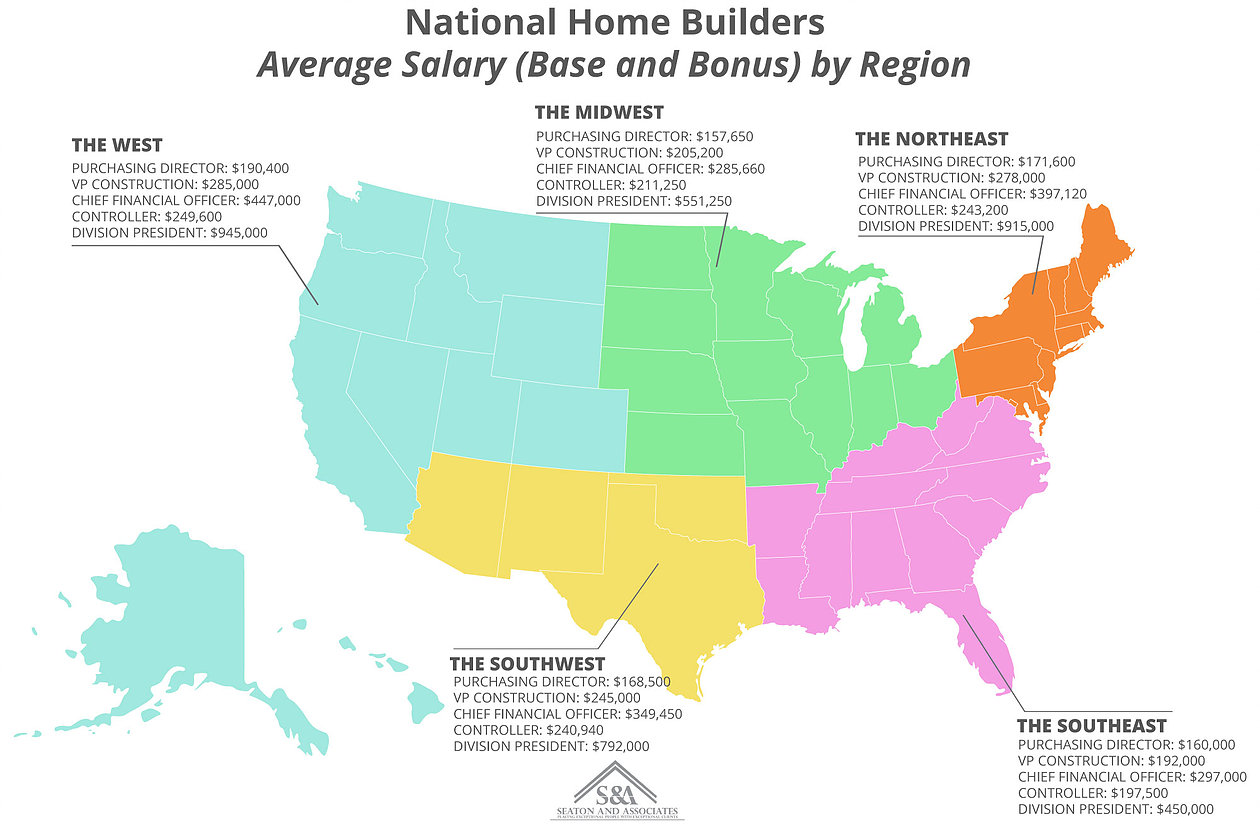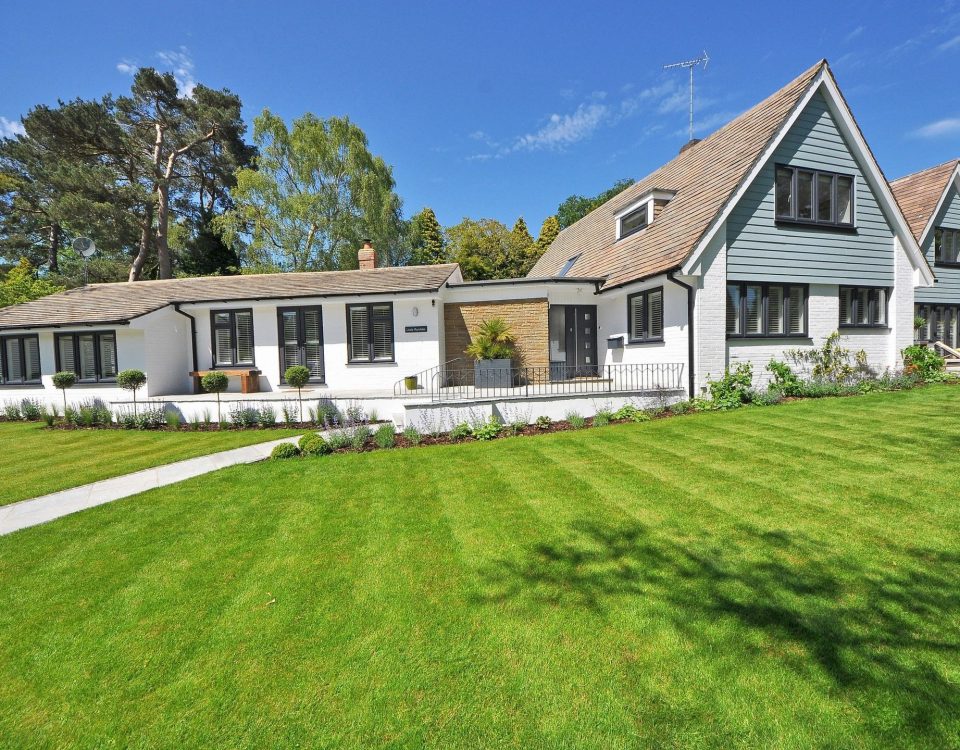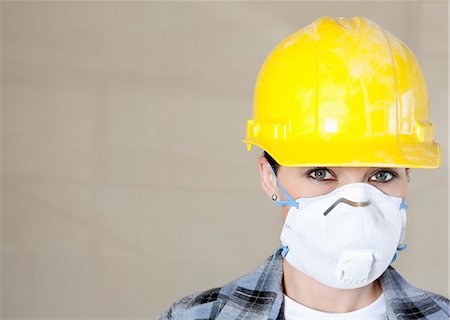
10 Questions Home Builders Should Ask their Recruiting Agency
April 5, 2018
How Construction Salaries Across the Country Stack Up
October 10, 2018
April 30, 2018 Sherry Seaton
The idea that millennials are not interested in homeownership has been circulating for a few years. But in reality, that just isn’t true. Eighty percent of millennials do want to purchase their own homes.
As one economist noted in 2014, “The economy will one day improve, and the millennials will move out of their parents’ basements. When that happens, expect to see homeownership rates move back higher.” That day has arrived. Last year, the rate of homeownership rose, and the millennial age bracket showed the largest increase by far.
With millennials representing a large chunk of home buyers, smart home builders are learning how to cater to their demographic.
How are millennial home buyers different from the generations before them?
- They do way more research. Millennials are a generation of researchers, supported by the internet, with everything they could possibly want to know right at their fingertips. Ninety-nine percent of millennials are finding homes on the internet, viewing photos, and researching the neighborhood before ever stepping foot in the home. The majority of their home shopping experience happens online. Millennials are more in control of their home buying experience than previous generations. While they may have a realtor help them with the process, they are not relying on them for information. Millennials are also using Facebook and other social media platforms to search for homes and research areas.
What this means for home builders? Your online presence and images need to be impressive. If you’re listing a home before completion, be sure your listing includes photos of comparable finished homes. Showcase the community as well – access to public green space, pedestrian-friendly retail, popular public schools, etc. Millennials are researching a lifestyle, not just a home.
- Millennials have high expectations. Thanks to the likes of Pinterest, Houzz and HGTV, millennials have high expectations in the design department. At the top of millennials’ must-have lists are updated kitchens and bathrooms, a home office, a good location, and good internet and cell service. While most new construction easily checks those boxes, having some unique design features and upgrades, such as herringbone floors, hammered copper sinks, built-in wine fridges, etc. will be a selling point for millennials, who have been inundated with images of magazine-quality homes.
What this means for home builders: Include a few upgrades in your “standard” package and price it accordingly. Millennials want to feel like they’re buying a home with some customization and character. Including these design features can help set your homes apart from other new construction. Staging is important as many millennials are looking for a home that matches one of their favorite online images.
- They prefer newer homes. Almost half of millennials want to buy a brand new house in order to avoid any maintenance issues that might occur early on. The average millennial only keeps their home for six years, which is less than average homeowners, who keep their homes for 10 years. Updates and maintenance are not part of their plans.
What this means for home builders: Millennials are your buyers! They’re seeking housing in the suburbs because the houses are in better condition and are more affordable. If you aren’t catering to this generations’ buying potential, you’re probably going to be missing opportunities.
- They want energy-efficient amenities. Millennials want energy-efficient amenities inside and outside of their homes. They’re not only looking to reduce their heating and cooling costs in a market with higher home prices, but also have a mindset of wanting to be environmentally friendly.
What this means for home builders: Highlight your energy-efficient features. Forty-seven percent of millennials say they want solar panels and energy-efficient storage. Consider adding those features as upgrades or including them in your standard package. Make sure energy-efficient features are highlighted not only in the home, but in your online listing as well.
Millennials are the largest generation of home buyers since baby boomers, they are largely driving the housing market, and they like new homes. This is an opportunity for builders to adapt where they need to in order to impress millennials and capture this demographic for decades to come.
Tags:




